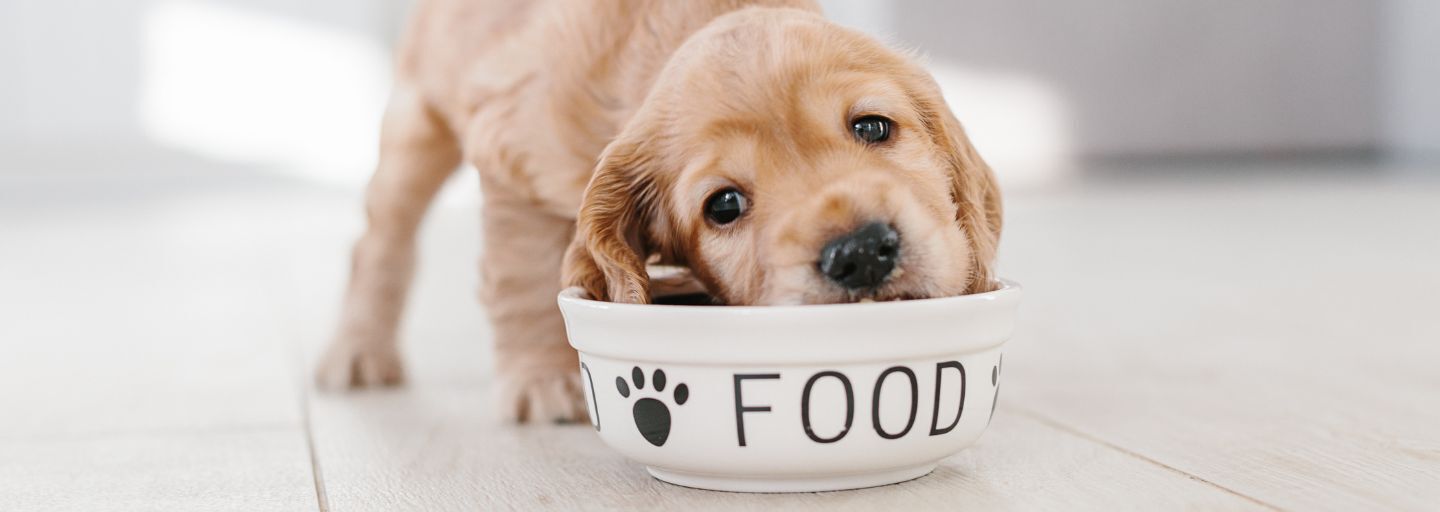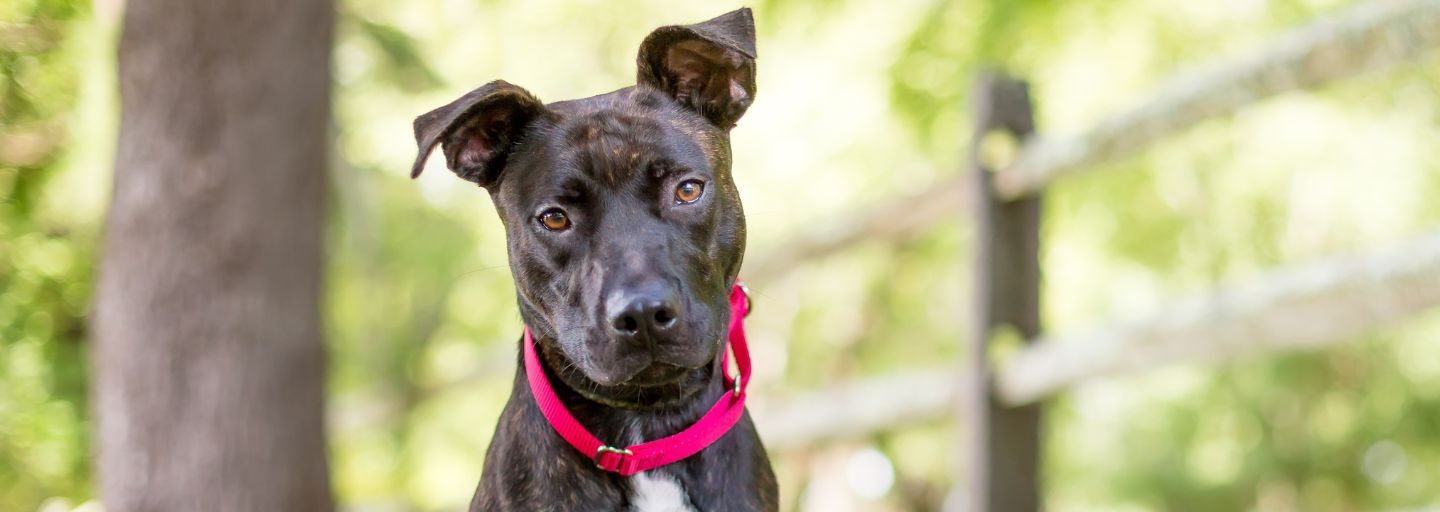Exercise is crucial for maintaining the health and well-being of your dog. Not only does it benefit your pet, but it also provides an opportunity for you to bond and spend quality time together. Regular exercise helps your dog control weight, build energy, and maintain a strong cardiovascular and immune system. Furthermore, it has positive effects on your own health.
To ensure that exercise remains enjoyable for both you and your dog, it's important to vary your routine. Avoid sticking to the same monotonous activities every day, as this can lead to boredom. Try changing your walking routes regularly and incorporate playtime into your exercise sessions. Tailor your program to suit both you and your dog's needs, taking into account energy levels and preferences.
If your dog has more energy than you do, engaging in activities like playing fetch with a ball or a flying disc can be a great option. This provides both mental and physical stimulation for your dog without exhausting you. However, it's essential to avoid throwing sticks, as they can splinter and cause harm to your dog's teeth, throat, or stomach.
For older dogs, leisurely walks are often preferred, but it's still beneficial to vary the route to keep things interesting. Different breeds have different exercise requirements based on their instincts and genetics. Terriers may enjoy digging, hounds might prefer short bursts of exercise to satisfy their chase instinct, and pastoral breeds often excel in canine sports. Understanding your dog's breed-specific needs can help you tailor the exercise routine accordingly.
If you're starting to introduce regular exercise to your pet after a period of inactivity, it's important to begin slowly. Start with short periods of activity at a slow pace, gradually increasing the duration, speed, and distance over time. It's advisable to walk or run your dog on soft surfaces like dirt, sand, or grass initially, allowing their foot pads to toughen. Keep your dog on a leash during walks or runs to maintain control and ensure their safety.
If your dog has a history of medical issues, it's best to consult with your veterinarian to develop an appropriate exercise program. Consider your dog's mealtimes when planning exercise sessions. It's advisable to avoid exercising them immediately before or after meals to prevent digestive upsets. Additionally, provide small amounts of water before and after exercise to avoid excessive consumption.
Regardless of the weather conditions, dogs require regular exercise. However, it's crucial to be mindful of the challenges presented by extreme weather. In snowy conditions, wipe your dog's paw pads to remove any snow, ice, or salt that may have accumulated. During hot summer months, be cautious of sunburn, heatstroke, and dehydration. Remember that your dog's feet can be damaged by hot asphalt, so it's important to take precautions.
Whatever activity you choose to engage in with your dog, always remember that they cherish the time spent with you. Make every moment special and enjoyable, strengthening the bond between you and ensuring the overall well-being of your furry companion.







